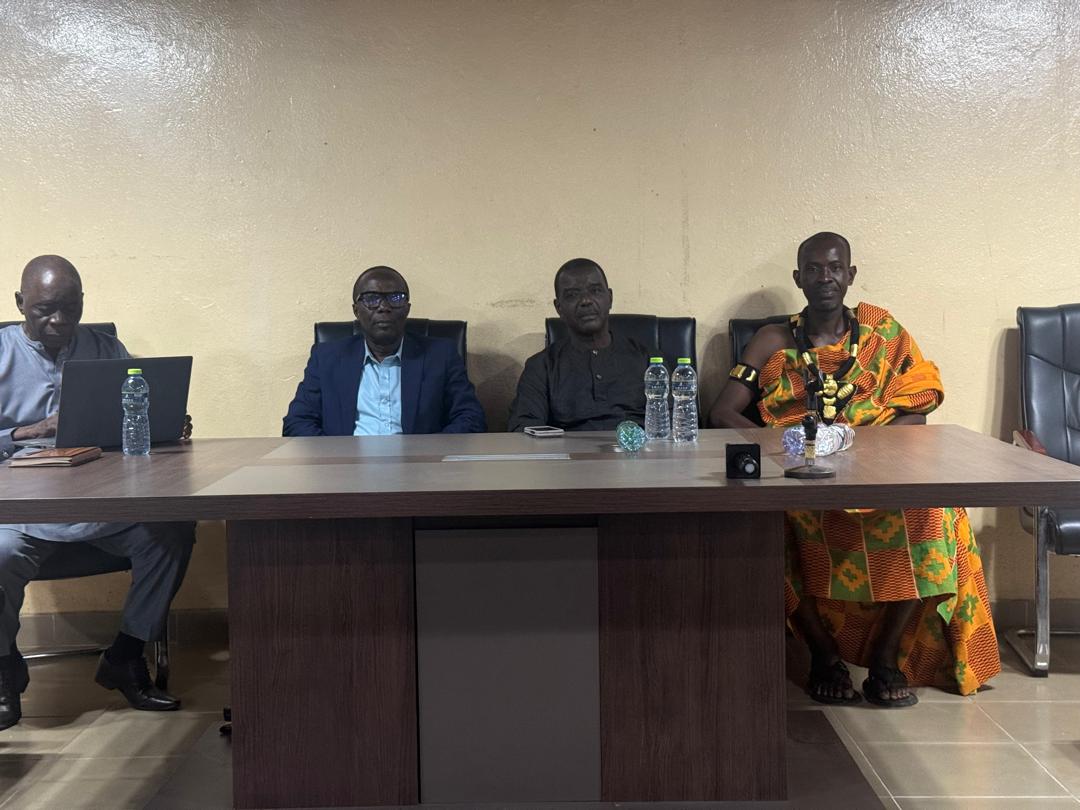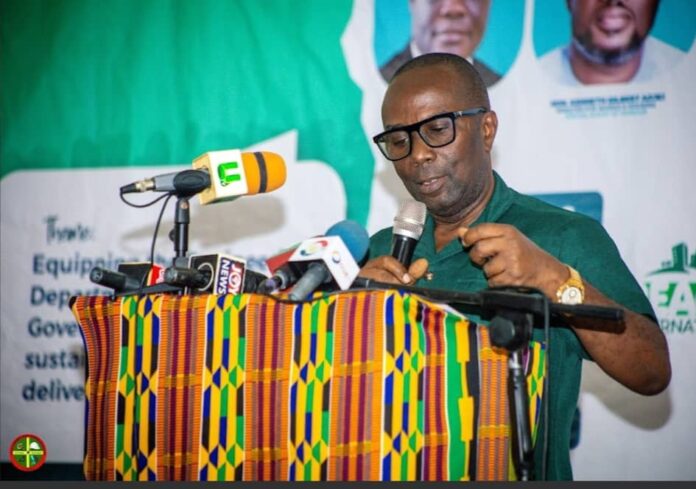At the third International Boot Camp of the Institute of Project Management Professionals, the room buzzed with anticipation.
Engineers, planners, project managers, and policymakers had gathered from across Ghana and beyond, united by a shared goal: to rethink project delivery for national impact.
The theme was both bold and timely: “Turning Plans into Progress: Rethinking Project Delivery for National Impact.”
Engr. Henry Kwadwo Boateng, President of the Institution of Engineering and Technology, Ghana, took the podium with clarity and conviction. He did not offer flowery speeches or diplomatic platitudes. Instead, he delivered a message that was raw, uncomfortable, and necessary.
Ghana, he noted, has never lacked national development plans. Over the years, countless strategies have been developed—beautifully documented, filled with lofty goals and promising frameworks. Yet, many of these plans end up gathering dust on shelves, overlooked by successive governments more focused on populist agendas than long-term priorities.
“Are these plans truly guiding our leaders?” he asked. “Or are they simply symbolic, ignored in favour of short-term political gains?”
To illustrate the disconnect, Engr. Boateng referenced the widely publicized SkyTrain proposal, which generated headlines and excitement. Yet he challenged the logic: how can such a project be prioritized when Ghana’s two largest cities, Accra and Kumasi, still lack a functional modern railway connection?
He did not oppose ambition but called for alignment—development that is people-centered and economically sound. Improving the rail networks, he explained, would reduce road congestion, lower transport costs, enhance trade, and save lives. These were the projects that truly impact the daily lives of Ghanaians.

The tone then shifted—firm, yet hopeful. Engr. Boateng lamented the countless abandoned projects scattered across the country, symbols of inefficiency and poor governance. He called on political leadership to break the cycle of starting and abandoning initiatives with every administration.
“It’s time to say to the government: Enough of the wastage. We must demand better,” he declared.
He offered a path forward, grounded in professionalism, integrity, and systems thinking. To truly turn plans into progress, Engr. Boateng emphasized three key actions:
-
Meaningful stakeholder engagement – ensuring voices from all sectors, especially local communities and professionals, are heard.
-
Professional involvement at all stages – from conception to execution, engineers, planners, and project managers must be at the table.
-
Dedicated, ring-fenced funding – protecting critical national projects from being derailed by electoral cycles or political transitions.
With these principles, he envisioned a Ghana where development plans become living roadmaps, guiding transformation, improving livelihoods, and delivering measurable national impact.
As he concluded, he reminded the audience that project delivery is not just about building structures—it is about building trust, building systems, and above all, building a better future.
For a moment, the room fell silent, absorbing the weight of his words. In that silence, there was clarity: Ghana stands at a crossroads. But with the right vision, leadership, and commitment, the nation can move from endless planning to unstoppable progress.
Source: Kodwo Mensah Aboroampa
ALSO READ:



